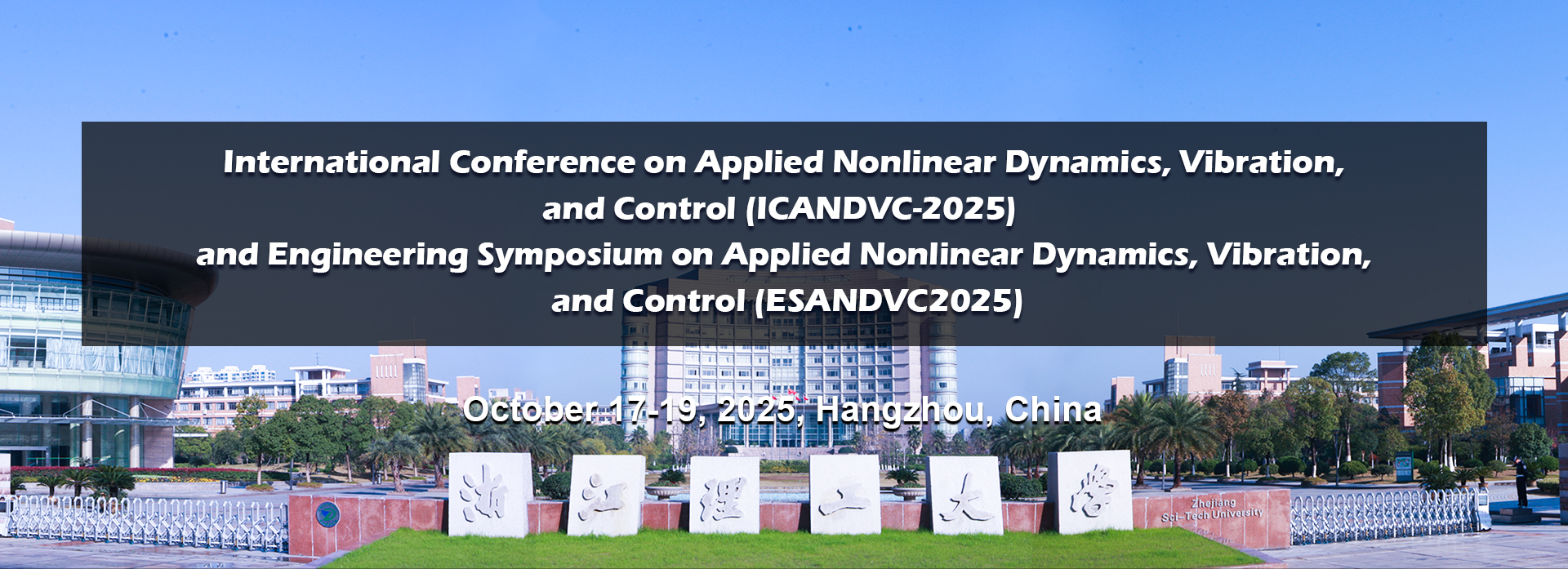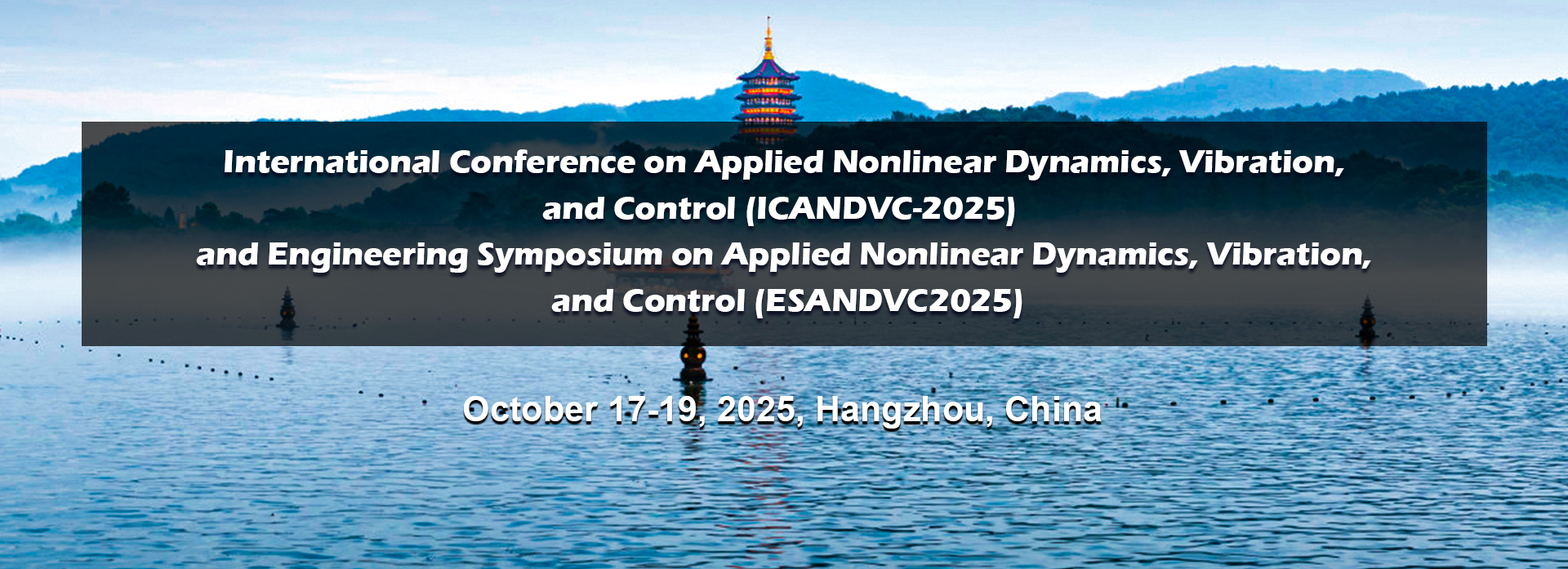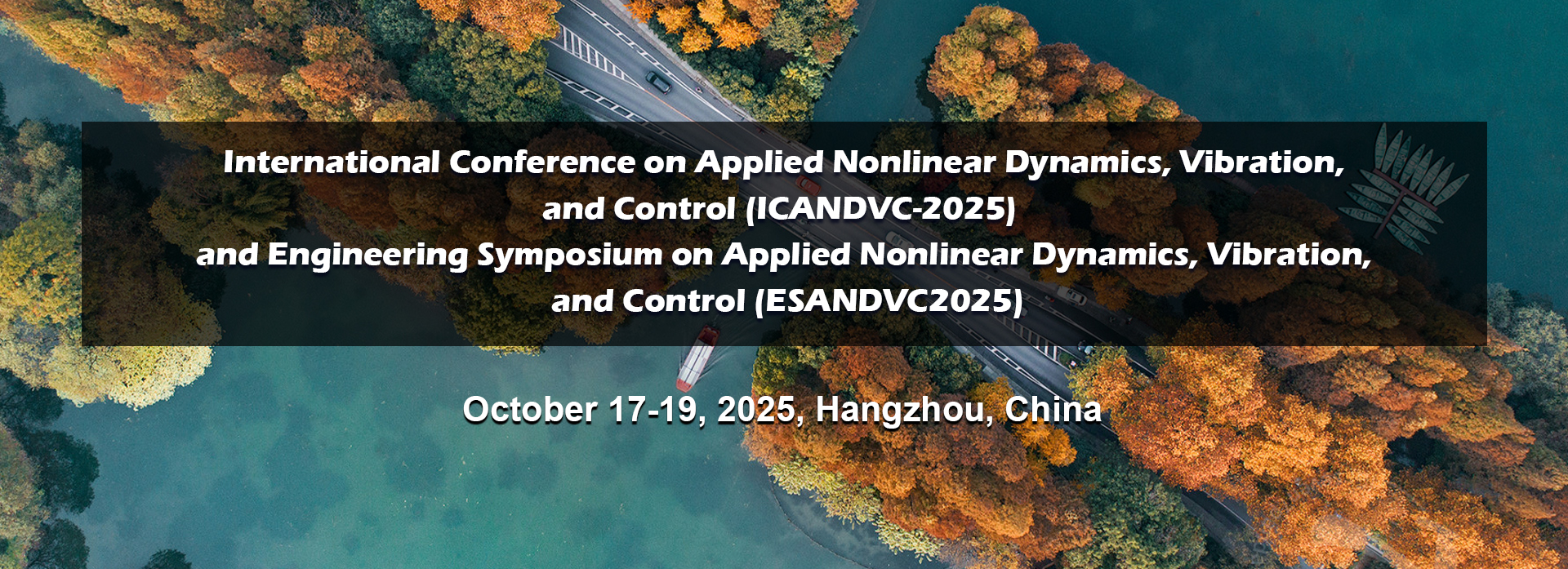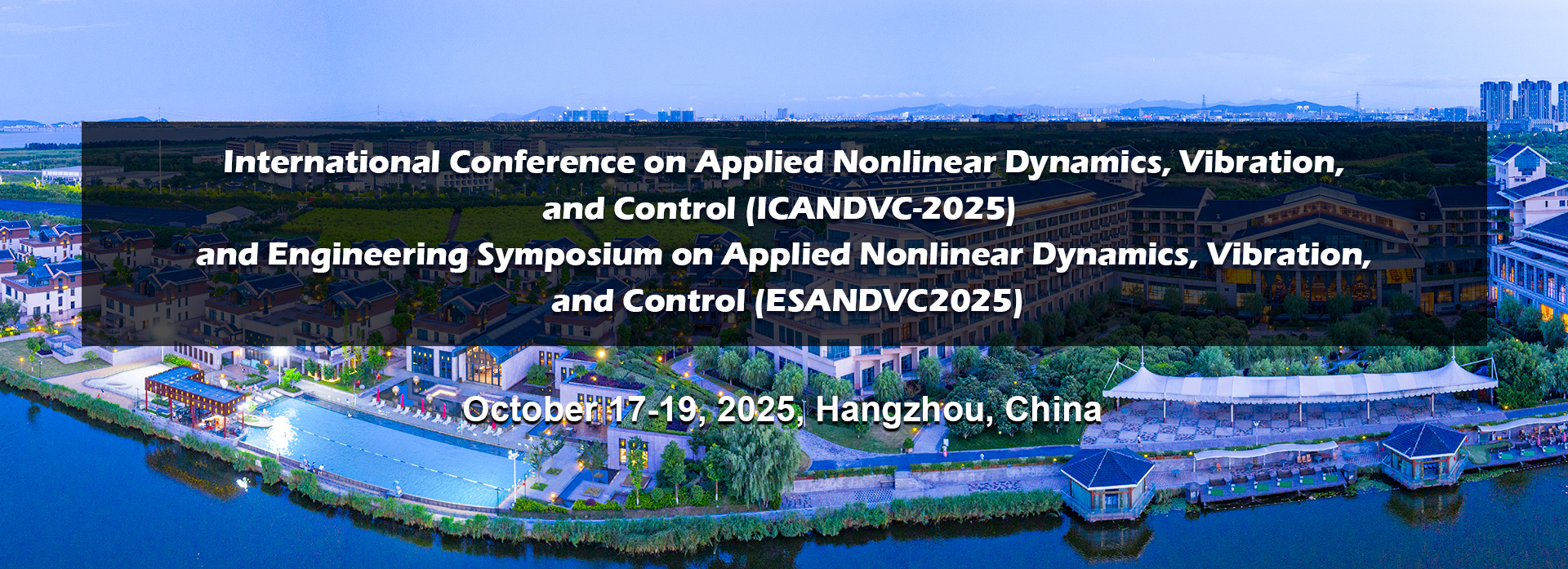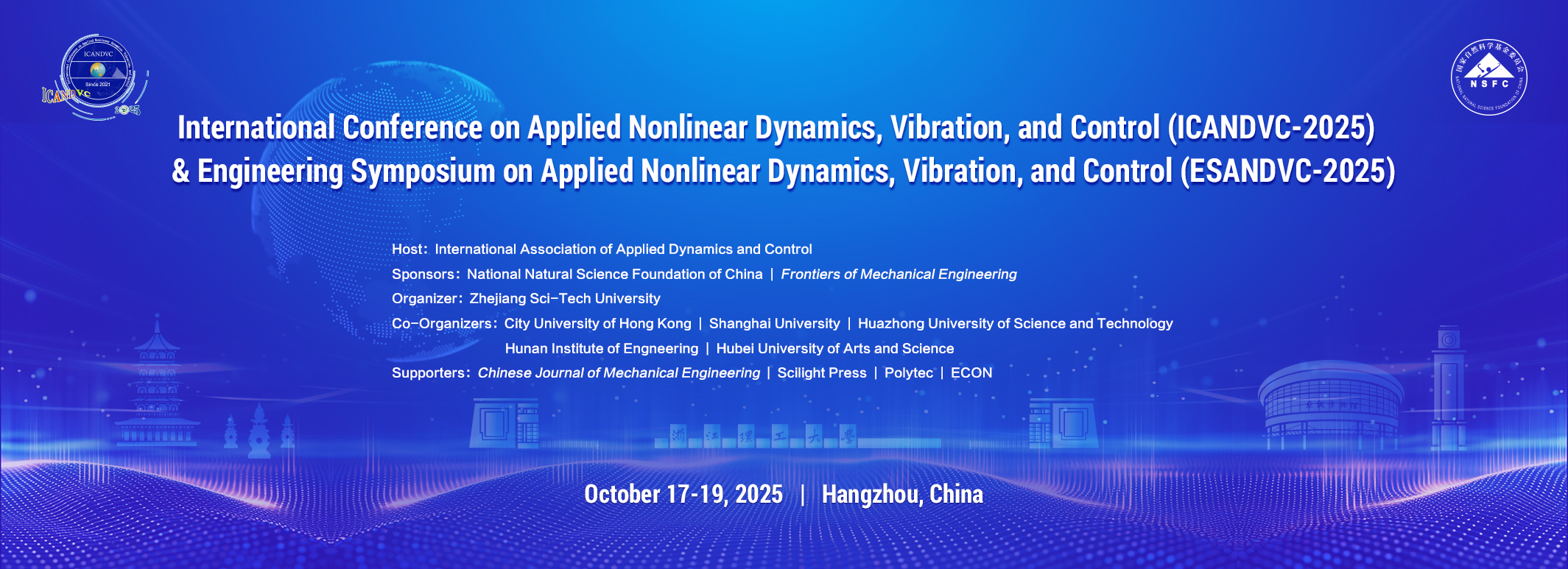
Dynamics, vibration, and control of precision manufacturing equipment
Xuedong Chen
Huazhong University of Science and Technology
Abstract: The micro nano precision motion system is the core of various IC manufacturing equipment, which integrates light electric magnetic thermal solid sensing control. Motion stability and accuracy guarantee mechanisms under multi-physics, multi-body coupling and multi-source disturbances must be resolved based on system dynamics. The difficulty lies in reducing internal motion disturbances, isolating external environmental vibrations, and controlling the synchronization accuracy of dual-stages. This report mainly introduces the core technologies for solving the above problems, namely system dynamics modeling, active and passive vibration control, and ultra-precision motion control.
Biography: Xuedong Chen, Academician of the CAE Member, professor of Huazhong University of Science and Technology. He has been engaged in research on mechanical dynamics and control, and intelligent robots for a long time, and has made important contributions to the development of equipment technology in China. He has won the State Technological Innovation Award twice, and has also won the State Scientific and Technological Progress Award. He was selected as one of “The New Century National Hundred, Thousand and Ten Thousand Talent Project”, and a super expert of Hubei Province. He has won the Guanghua Engineering Science and Technology Award, the National Innovation Prize, and the title of "National exemplary individual" in 2025.
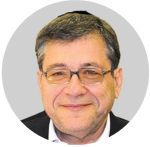
Engineering intentional nonlinearity in dynamics and acoustics
Alexander F. Vakakis
University of Illinois at Urbana – Champaign
Abstract: Nonlinearity is a mechanism to scatter energy across temporal and/or spatial scales (e.g., frequencies / wavenumbers, or system modes). A distinctive and rather unique feature of nonlinear effects is their high tunability with energy, the initial state of a system or other system parameters, which enables new options with unprecedented passive multi-functionality in engineering design. This contrasts to linear systems where no such tunability exists due to incapacity for multi-frequency harmonic generation. Engineering intentional nonlinearity, therefore, has become an interesting emerging trend, with great promise for the future. In this talk we present our vision regarding this exciting new approach, by discussing some basic elements of nonlinear energy management in practical vibration engineering, including capacity for targeted energy transfer (TET) to local nonlinear energy sinks; intermodal TET in multi-modal systems, or interband TET in phononic systems; rapid and effective energy redirection in preferential directions or preferred frequency/wavenumber bands; designing and tuning the bandwidth of nonlinear oscillators through multi-harmonic energy scattering; enhanced vibration, shock and blast mitigation; managing fluid-structure interactions of in-flow bodies with internal nonlinear elements; and some additional interesting new effects. Combined with powerful modern computational tools, such as machine learning and multi-objective optimization, advanced system identification and reduced-order modeling, and rigorous experimental validation, this approach may p[rove to be transformative in engineering design of dynamic and acoustic systems.
Biography: Alexander F. Vakakis received his Ph.D. from Caltech (1990 – T.K. Caughey advisor), M.Sc. from Imperial College, London, UK (1985 – D.J. Ewins advisor), and Diploma in Mechanical Engineering from the University of Patras, Greece (1984 – S.A. Paipetis advisor). Currently he is the Donald Biggar Willett Professor of the College of Engineering at the University of Illinois at Urbana – Champaign (UIUC) where co-directs the Linear and Nonlinear Dynamics and Vibrations Laboratory (http://lndvl.mechse.illinois.edu/); moreover, he is co-affiliate faculty at the University of Stuttgart, Germany. Among other awards, he is the recipient of the Tau Beta Pi Daniel C. Drucker Eminent Faculty Award from the UIUC College of Engineering (2023), the best paper award of the journal Nonlinear Dynamics (2023), an Alexander von Humboldt Research Award (2019), the Edmond J. Safra Visiting Professorship from Technion (2019), and the ASME Thomas K. Caughey Award in nonlinear dynamics (2014). He has published over 370 archival journal publications, holds four patents, and has authored/edited 6 technical texts and monographs. Many of his PhD students and postdoctoral fellows are currently faculty members in US and International Universities and National Laboratories, or researchers in R&D Centres. His research interests include nonlinear dynamics, vibrations and acoustics, passive energy management and targeted energy transfer across scales, phononics and acoustic metamaterials, system identification and reduced order modelling, non-smooth dynamics and vibration energy harvesting.
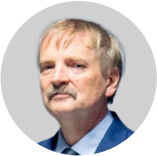 Vibrational energy harvesting in multistable systems and structures induced by periodic excitation on the base or wind flow
Vibrational energy harvesting in multistable systems and structures induced by periodic excitation on the base or wind flow
Grzegorz Litak
Lublin University of Technology
Abstract: A common energy harvesting device uses a piezoelectric patch on a cantilever beam with a tip mass. The usual configuration exploits the linear resonance of the system excited by harmonic force or vortex shedding periodic force induced by the wind flow. A cantilever beam with a tip mass that is mounted vertically and excited in the transverse direction at its base is considered or a bluff body exposed on the air flow. The mass is moving in highly non-linear potential with two or more potential wells. The system dynamics may include multiple solutions and jumps between the potential wells, and these are exploited in the harvesting device. The electromechanical equations of motion for this system are developed, and its response for a range of parameters is investigated using phase portraits and bifurcation diagrams. We examine the multiple solutions and associated power outputs.
Biography: Prof. Grzegorz Litak completed his M.Sc. degree in physics at Maria Curie Skodowska University (UMCS) in Lublin, Poland in 1988. Later, working on the effect of disorder on correlated and exotic superconductors, he received his Ph.D (1994) and D.Sc (2002) degrees from the same University. After defending his Ph.D thesis he moved to Lublin University of Technology where he is presently working as a full professor and a Head of Department of Automation. From that time he also started his research on mechanical engineering, production engineering, and nonlinear dynamics. He focused on bifurcation theory, chaotic dynamics and nonlinear time series analysis. Recently, he was also involved in research on mechanical energy harvesting, focusing on frequency broadband effects. Prof. G. Litak published over 360 papers including about 320 in international journals.

Locally resonant nonlinear metamaterials
Walter Lacarbonara
Sapienza University of Rome
Abstract: This talk explores 2D and 3D metamaterials featuring a periodic arrangement of highly tunable infinite-dimensional resonators, such as cantilevers with tip masses and spider-web membranes. These locally resonant metamaterials exhibit distinctive dispersion characteristics, including the emergence of single and multiple band gaps. The sensitivity of these band gaps to key design parameters is discussed. By harnessing tailored geometric and material nonlinearities, the resonators significantly enhance band gap behavior. Using a perturbation approach, nonlinear wave frequencies and waveforms both near and away from internal resonances are used to show the remarkable nonlinear tunability—an essential attribute for advanced applications. To validate our theoretical predictions, we experimentally test various 3D-printed metamaterial samples using 3D laser scanning vibrometry. The results reveal fascinating wave propagation properties and confirm the enhanced performance driven by nonlinear effects.
Biography: Walter Lacarbonara is a Professor of Nonlinear Dynamics at Sapienza University and Director of the Sapienza Center for Dynamics. During his graduate education he was awarded a MS in Structural Engineering (Sapienza University) and a MS in Engineering Mechanics (Virginia Tech, USA), and a PhD in Structural Engineering (Sapienza/Virginia Tech). His research interests cover nonlinear structural dynamics; metamaterials and nanostructured composites; asymptotic techniques; nonlinear control of vibrations; experimental nonlinear dynamics; dynamic stability of structures. He is Editor- in-Chief of Nonlinear Dynamics, former Associate Editor for ASME Journal of Applied Mechanics, Journal of Vibration and Acoustics, Journal of Sound and Vibration. He served as Chair of the ASME Technical Committee on Multibody System and Nonlinear Dynamics, General co-Chair and technical program co-Chair of the ASME 2015 (Boston, USA) and 2013 (Portland, USA) IDETC Conferences. He has organized over 10 international symposia/conference sessions and, very recently, the 1st, 2nd, 3rd, and 4th International Nonlinear Dynamics Conferences (NODYCON, www.nodycon.org/2019, www.nodycon.org/2021, www.nodycon.org/2023, www.nodycon.org).
His research is supported by national and international sources (EOARD/AFOSR, NSF, European Commission, Italian Ministry of Science and Education). He has published over 250 papers and conference proceedings, 5 international patents (EU/USA/China), 26 book chapters, 9 co-edited Springer books and a single-authored book (Nonlinear Structural Mechanics, Springer, NY, https://link.springer.com/book/10.1007/978-1-4419-1276-3) for which he received the 2013 Texty Award nomination by Springer US.

Performance, accuracy, and stability of manufacturing processes and machines
Kornel F. Ehmann
Northwestern University
Abstract: The outcome of any manufacturing operation critically hinges on the ability to control the primary physical process responses, e.g., temperatures, forces, vibrations, etc., which influence the part’s attributes, such as its accuracy, tolerances, surface topography, residual stresses, etc., while, at the same time, assuring dynamic process and machine stability. Several examples from removal, formative, and additive processes will be presented to demonstrate the varying nature of the pragmatic manufacturing and manufacturing machine problems dictated by the underlying dominant physical mechanisms influencing their responses, necessitating different control and compensation solution approaches. Specifically, the following cases will be addressed: (a) the inherent non-linear nature of micro-cutting operations and its implications on process outcomes, (b) forming force and springback control in double-sided incremental sheet forming to maintain part accuracy, (c) dynamic instability, i.e., rolling chatter, in sheet rolling to assure sheet quality and productivity, (d) volumetric error compensation of a 3-DOF translational parallel manipulator to compensate for inherent machine kinematic and geometric errors, and (e) melt pool control in directed energy deposition (DED) processes to meet desired part specifications.
Biography: Kornel F. Ehmann is a distinguished professor of the Department of Mechanical Engineering at Northwestern University, USA. He received BSc and MSc degrees in 1970 and 1974 from the University of Belgrade, and a PhD from the University of Wisconsin-Madison in 1979. He has served as Editor-in-Chief of Manufacturing Letters and Technical Editor of the Journal of Manufacturing Science and Engineering. He has published over 450 articles and mentored over 60 Ph.D. students. He was awarded the SME Gold Medal, ASME Blackall Machine Tool and Gage Award, ASME Milton C. Shaw Manufacturing Research Medal, SME Frederick W. Taylor Research Medal, and the ASME K. Ehmann Manufacturing Medal. He is a Fellow of ASME, SME and ISNM.
